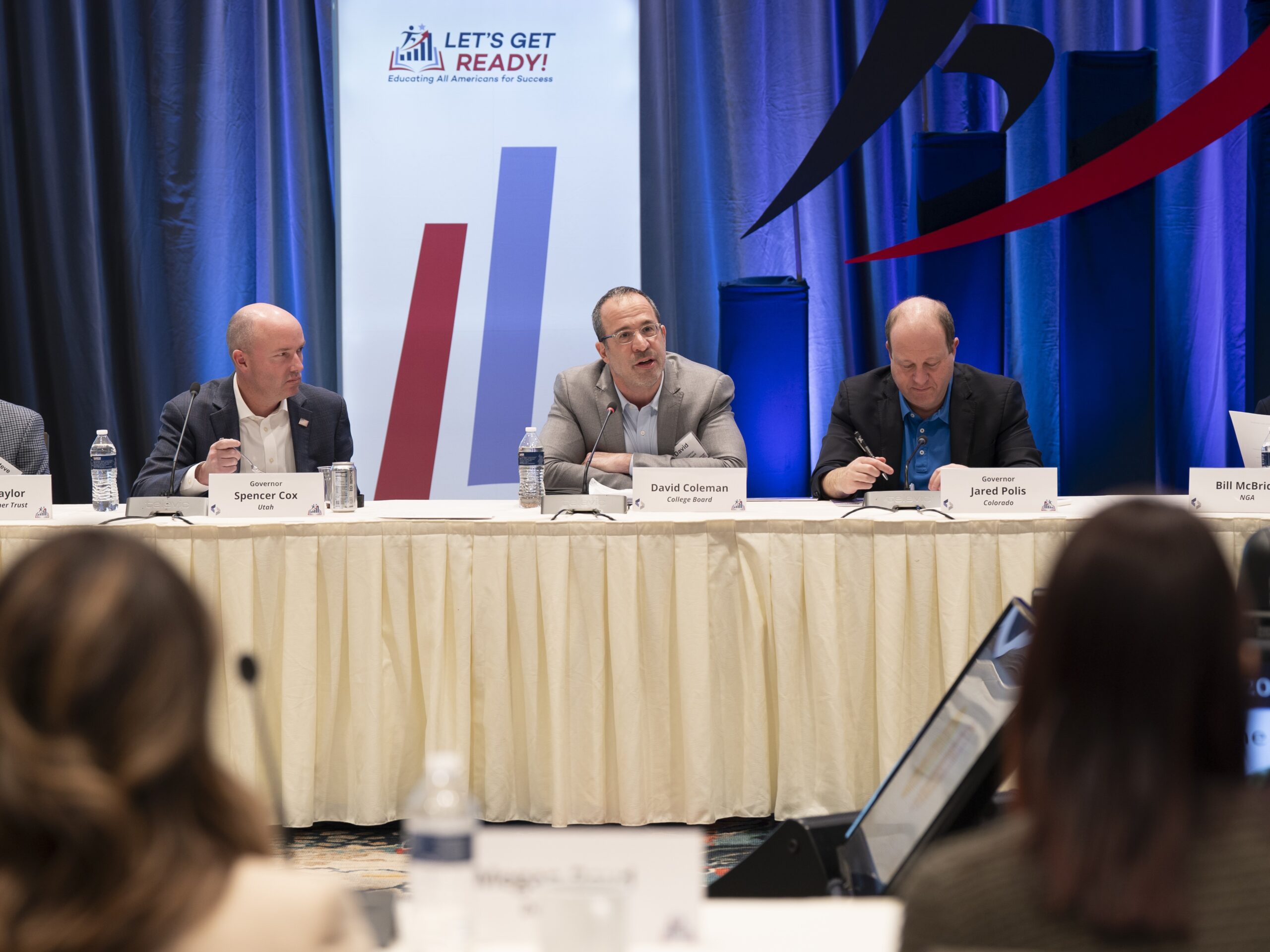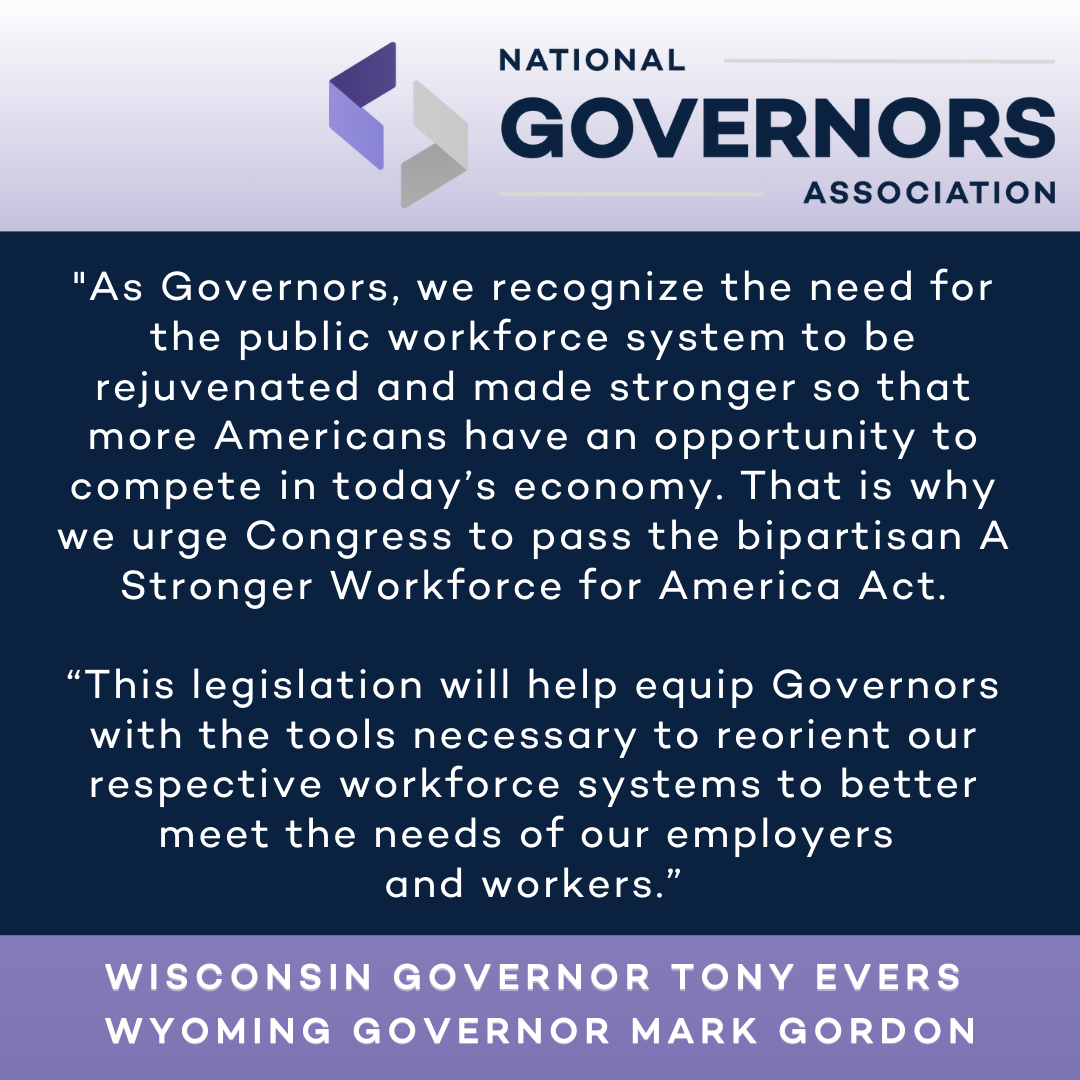New Challenges
Prior to the COVID-19 pandemic, many governors were looking for ways to strengthen substance use disorder (SUD) provider capacity as part of their comprehensive response to the opioid epidemic. However, the imperative is now greater than ever as providers and states face unprecedented fiscal challenges and there are increasing reports that the country is seeing an increase in need for SUD treatment as a result of the stress, social isolation, and job loss associated with the pandemic. While comprehensive national data are not yet available, initial reports suggest that many states are experiencing a resurgence of overdose deaths, potentially erasing some of the progress made in recent years in combating the opioid epidemic. At the same time, SUD providers, many of whom are Medicaid providers, are facing financial hardship as they lose revenue due to lower utilization, face new costs for personal protective equipment (PPE), and are required to reconfigure their work spaces and approach to providing care to reduce the risk of spreading COVID-19.
This issue brief describes strategies that governors are using to address these challenges even as they face the most severe fiscal crisis seen in decades. With expected revenue shortfalls of 25 percent or more for the upcoming fiscal year, governors are looking for and pursuing strategies that are high-impact and cost-effective. Many governors are significantly leveraging federal funding opportunities; taking advantage of new emergency flexibility granted by the Substance Abuse and Mental Health Services Administration (SAMHSA) and the Drug Enforcement Administration (DEA) to support access to medication-assisted treatment (MAT); working with SUD providers to develop and disseminate information; and integrating SUD treatment providers and patients into their state’s broader response to COVID-19. States also continue to invest some of their shrinking general revenue funds into SUD interventions, reflecting the urgent need to bolster an already strained behavioral health system and invest in SUD treatment that can save money by averting even more costly medical care, as well as criminal justice and child welfare expenses.
Acknowledgments
The National Governors Association Center for Best Practices (NGA Center) would like to acknowledge the Centers for Disease Control and Prevention (CDC) for its generous support in developing this issue brief. The contents of the brief are solely the responsibility of the authors and do not necessarily represent the official views of the CDC or the U.S. Department of Health and Human Services.
This publication was developed by the NGA Center in partnership with the Technical Assistance Collaborative and Manatt Health Strategies.
All NGA COVID-19 memos can be found here, or visit COVID-19: What You Need To Know for current information on actions States/Territories are taking to address the COVID-19 pandemic; as well as advocacy, policy, and guidance documents for protecting public health and the economy.













